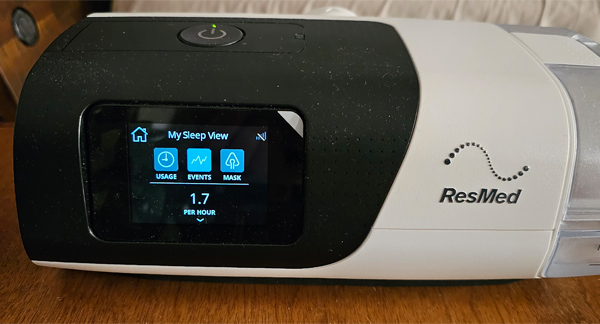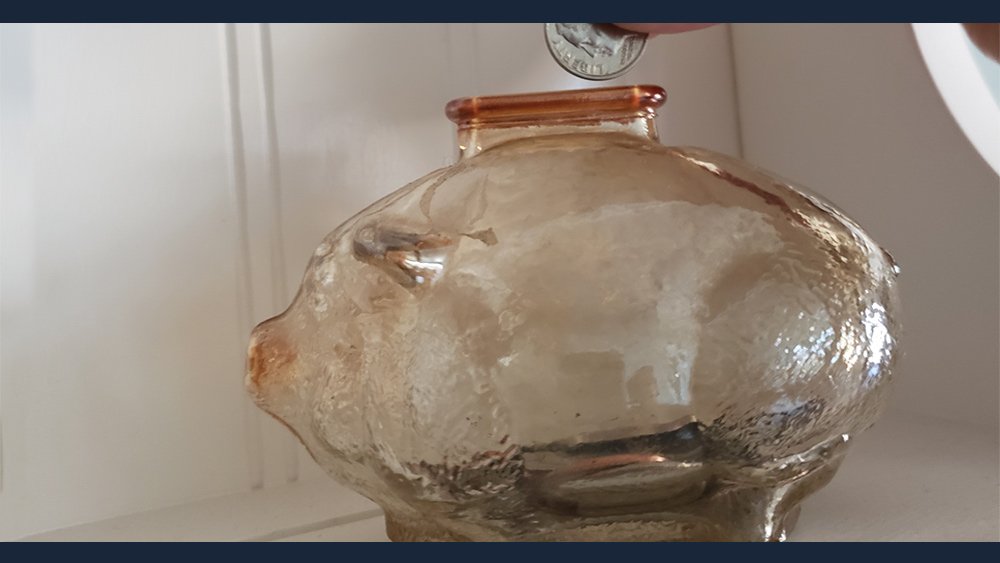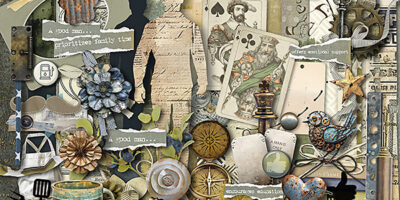“Trust and Verify” – Are These in Conflict?

Trust and Verify. Do these 2 words contradict each other? Initially, you would think so, but maybe not.
My husband, Rick, tuned in to a reality TV show featuring a contestant tasked with trusting her partner in a challenge. This contestant, a former FBI agent, did indeed trust her partner, but due to her nature and job experience, she also felt compelled to verify the challenge instructions for herself.
I get it. I trust Rick, but there are times when I just have to see something, hear something, do something – verify – for myself.
CASE #1:
Just yesterday, Rick asked me if we had any mouse traps. “Yes,” I said. “They’re in the shed, on top of the cabinet on the right side as you enter.”
After visiting the shed, he told me that the traps I had directed him to were a box of plastic traps that you have to assemble before using, and he was looking for the traditional wood traps.
“Hmmm”.. I thought. I know I saw the wood traps, the kind he wanted, right where I said they were. I had a mental picture of them. How could I be wrong?
Rick had just looked, and I do trust him, but….. I had that mental image.
So with a smile (and, I have to admit with the attitude of “Oh, he just isn’t looking carefully enough),” I said, “I’ll go double-check to make sure I told you the right place. “I trudged across the yard to the shed, in the rain, to get those wood traps for him.
The traps were right where I said they were, but they were, indeed, the plastic ones, not the wood ones.
How can that be? How can we see one thing, yet remember something differently?
The packaging on the plastic traps was solid black, prominently displaying the word “Mousetraps” in bold red letters. The actual traps were hidden from view within the packaging. It seems my mind substituted the mental image I had of mousetraps for the word “Mousetraps.”
CASE #2
Rick and I both use CPAP machine. Each morning, we diligently review our nightly statistics: the number of events we experienced during the night, the pressure levels, and other relevant details.
The other day Rick got up before I did. When I met him in the kitchen later, he told me his event reading was 3.7 for the night. “No,” I told him, “It was 1.7.”
“He looked confused, and said, “But I checked it.”
I laughed and said, “Well, I did too.”
We double-checked, and the reading was indeed 1.7.
Was this a simple case of misreading the numbers? Probably. But Rick was sure he saw 3.7.
MY CONCLUSIONS:
- Seeing something and remembering it differently is common.
- Verifying information isn’t necessarily about mistrusting others; it’s more about reconciling our memories or mental images with reality.
- Double-checking keeps us sane. (See #2).
We’ve now adopted the phrase “trust and verify” in our household. It is a reminder that the focus lies not on determining who is right or wrong, but rather on our own understanding of our memories and perceptions.
How about you? Do you trust without verifying for yourself, or do you want to reconcile your memory with reality when faced with a question?







